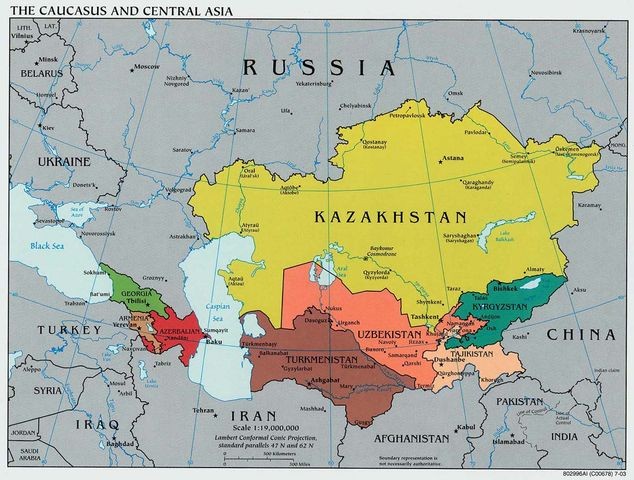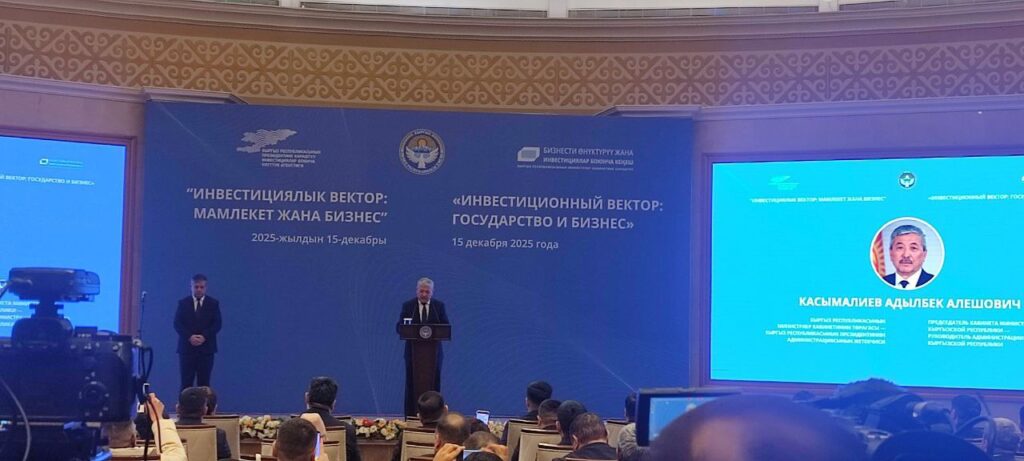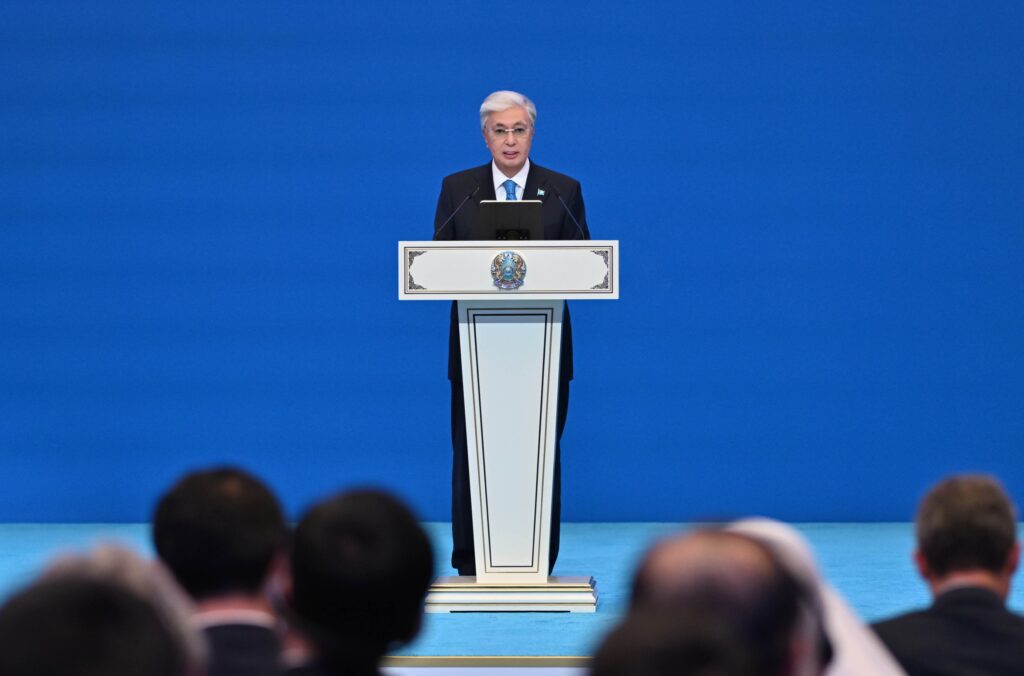BISHKEK (TCA) — A new IMF study finds that cultivating a more competitive business environment, fostering worker talent, and improving access to finance are key to boosting long-term economic prospects in the Middle East and Central Asia region, the IMF says on its website.
Closing gaps with global peers in these three areas could double long-term growth rates in most countries in the region. For the oil exporters in the Gulf Cooperation Council countries and the Caucasus and Central Asia, the resulting boost to growth would be lower—but still large enough to offset recent declines in long-term growth rates, which threaten future living standards, the study says.
The Middle East and Central Asia is facing unprecedented challenges stemming from sustained low oil prices that have dampened oil revenues, deepening conflicts, and rising geopolitical and security tensions.
The study identifies the structural reforms that are most critical for raising long-term economic growth in the region. Drawing on an empirical analysis of country experiences with different types of reforms, it examines the effectiveness of these reforms in strengthening the underlying, supply-side drivers of economic growth, such as capital, labor, and productivity.
Identifying critical reforms to raise productivity growth and, in some countries, build up physical capital—such as machinery, buildings, and computers—is key to unlocking the region’s growth. Higher productivity and physical capital not only raise long-term economic growth directly but also help absorb the region’s rapidly growing labor force into productive economic activities, the study says.
Among a broad array of reform areas, the study points to a competitive business environment and worker talent as the key steps toward boosting productivity in the region, while financial market development is vital for physical capital accumulation.
In the Caucasus and Central Asia (CCA) countries, greater global trade integration would help raise private sector-led development of physical capital and productivity. To this end, transitioning to higher value-added exports through investment promotion would help attract multinational investment and link the CCA region into international supply chains, the study concludes.









